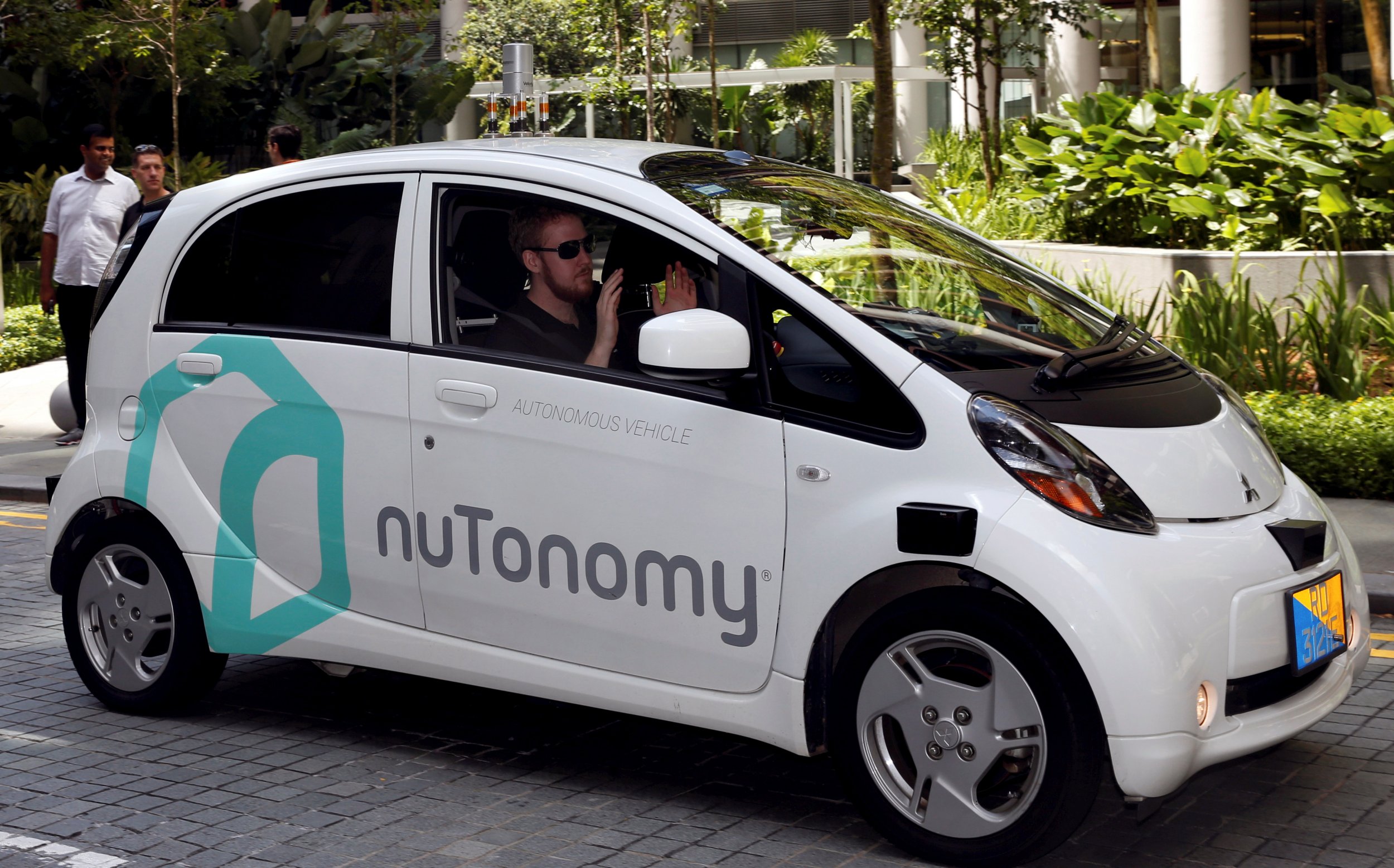
For many years, the films that we know and love—from The Fifth Element through to Star Wars— have featured autonomous technology. But as we approach the time where this could become a reality, people are starting to become skeptical of the value such technology provides us with. Is it more about extending the life of our dilapidated infrastructure so that no further investment is required? Do customers even want autonomous technology?
Research suggests that they should want it—in their cars at least. Data tells us that around 95 percent of all accidents that happen on U.K. roads are due to human error; if we reduce the number of humans operating this should mean that fewer accidents occur.
Estimates suggest that autonomous technology could boost the U.K. economy by as much as $62 billion a year due to fewer accidents, improved productivity and increased trade. This demonstrates why it makes sense for the government, industry leaders and academics to redouble efforts to look at how we phase out human involvement in driving vehicles.
It is expected that within the next 10 to 15 years we will see the infiltration of autonomous vehicles into our current road fleet. However, this is likely to be a gradual move towards more autonomy, rather than something that happens overnight. Many of us are already familiar with the technology, technically referred to as Advanced Driver Assistance Systems, which includes some level of automation such as lane guidance, blind spot detection and autonomous emergency braking systems.
Questions still remain: How do we make sure that the vehicles that are being produced are the ones that people want? Who is actually asking the customer what they want? The engineering community has a history of designing products that provide the best technical solution but that might not be the best fit with the customer.
These are not the only challenges. Much of the technology being implemented into our vehicles is designed to make driving safer, but if we don't know how to use it properly and can still turn it off what is the point having it?
And then there's one final concern: The environment. Over the past year we have seen air quality move up the agenda, particularly within our cities, with figures emerging of as many as 29,000 premature deaths caused every year due to poor air quality. Whatever the real figure may be, we know that the current global car count is around 1.2 billion and this is expected to double by 2030.
It is expected that autonomous vehicles will help ease congestion and we have data that shows that through improved traffic flows (also known as eco-routing), we can save up to 30 percent in weekly fuel bills. Improving traffic flow within our cities will help improve air quality. But to achieve this we need to challenge the behaviours of individuals and change how society views transport. After all, autonomous vehicles are not automatically low-carbon.
People need to start thinking about why they are traveling, what time they are traveling and which mode of transport they are using to travel. If we all start becoming a little bit smarter about how we travel we could help to reduce bottlenecks on our transport network well before we have these fully automated vehicles on our roads.
So I urge all of you to get involved in the development and delivery of our future transport systems. We all have a role to play in challenging the current behaviours that society adopts.
Philippa Oldham is head of transport and manufacturing at the Institution of Mechanical Engineers. She is speaking on the Driverless Cars: Who's in Control? panel at the Battle of Ideas on October 23.
Uncommon Knowledge
Newsweek is committed to challenging conventional wisdom and finding connections in the search for common ground.
Newsweek is committed to challenging conventional wisdom and finding connections in the search for common ground.
About the writer
To read how Newsweek uses AI as a newsroom tool, Click here.








